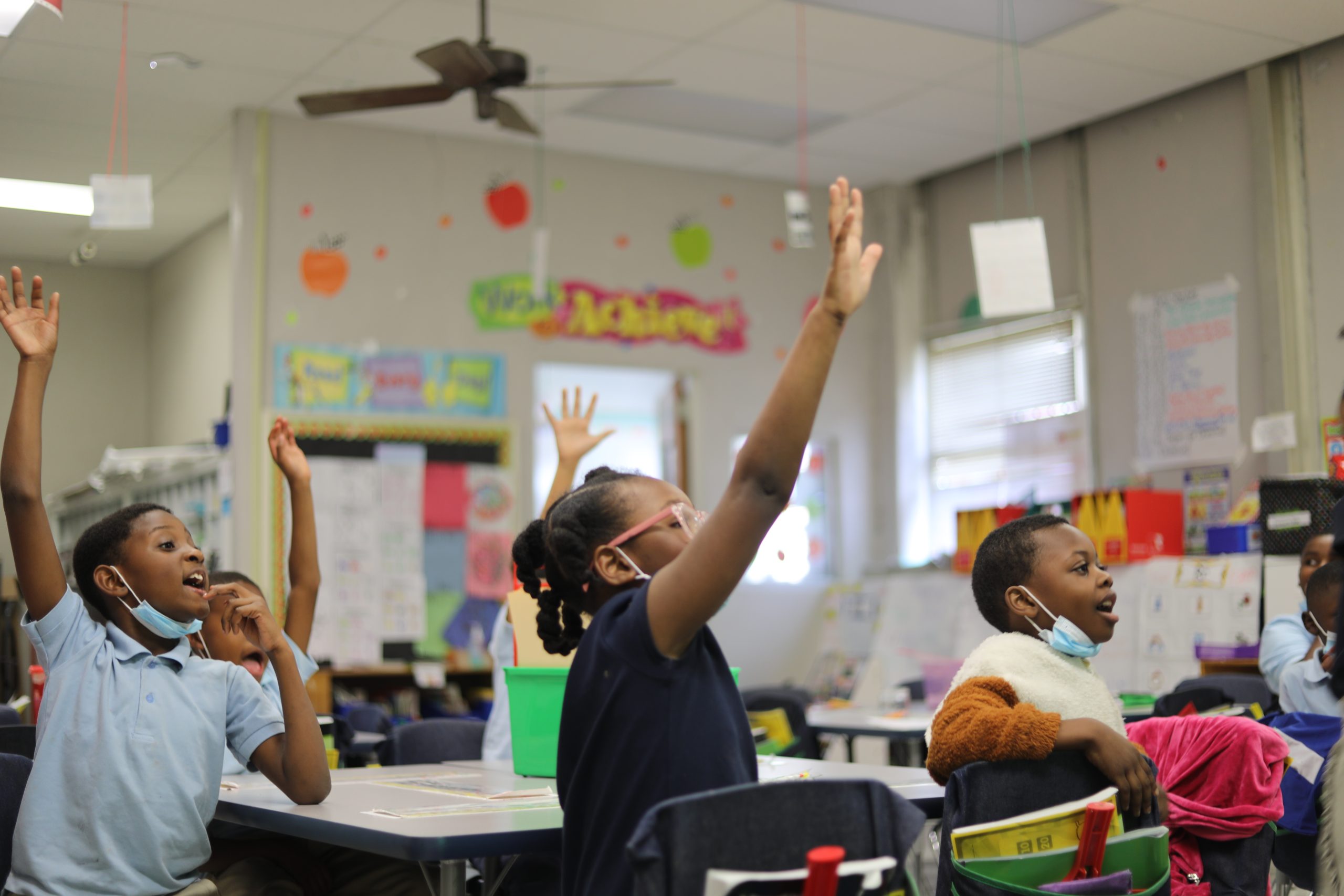Mississippi has seen significant improvement in its reading scores over the last decade, bringing much national attention and leading other states to attempt to replicate the success.
Mississippi’s success, first drawing national eyes in 2019, is usually attributed to a state law from earlier in the decade that reformed reading instruction and testing, piquing the interest of other states. As reading reforms have become particularly popular, 38 states have added to or updated their laws in the last five years according to data collected by ExcelinEd.
These policies are not uniform across the country, however, and much of the debate around implementing them has focused on whether third-graders who fail a benchmark assessment should be held back. It is a key component of Mississippi’s law, the so-called “third-grade gate.” Sixteen other states have a similar requirement, but at least two states have also recently repealed it.
How many students actually get retained under Mississippi’s policy? It’s harder to know than you might expect.
When a student takes state tests at the end of third grade, they receive a score on a 1-5 scale: minimal (1), basic (2), passing (3), proficient (4) or advanced (5). Students are required to score a three or above to be promoted to the 4th grade per Mississippi law, and have multiple chances to take the test before being held back. Students can also still move up to the 4th grade even if they fail the test in a couple of extenuating circumstances known as “good cause exemptions.” These include a learning disability or being previously retained for two years.
It is up to local school districts to implement this law and determine if students qualify for an exemption or should be held back. Since each of Mississippi’s 138 school districts made this decision independently, the Mississippi Department of Education said they cannot easily track whether a student was held back specifically because of the law. The department’s data management system does not show a reason why a student was held back, merely whether they were held back.
Given that limitation, Mississippi Today requested data regarding how many students both failed the test and were held back, with the acknowledgment that there was no guarantee one caused the other. The number of students in this category has fallen in recent years, going from 9% of test takers in 2019 to 6.5% last school year.
Grace Breazeale, a K-12 policy associate with Mississippi First, an education policy nonprofit, said that, while these numbers may be in the ballpark, she has concerns they are not completely accurate since a student could have failed the test, received a good cause exemption, and still been held back for another reason.
Given this lack of clarity, Breazeale said the education department should adjust its data collection methods and publish official numbers of students retained because of the literacy law.
“That would be important information for them to have to maintain a more accurate narrative about the (2013 literacy law) and spreading awareness about how third-grade retention is only a small piece of it,” she said.
Other states with retention policies have seen a similar number of students affected. In Florida, about 7-8% of students were held back because of the literacy law before COVID-19 according to Cari Miller, chancellor of early learning for the Florida Department of Education.
A review of the academic literature on third-grade retention by FutureEd, a Georgetown education policy think tank, showed mixed or positive results. Holding students back in higher grades was found to be generally unsuccessful, leading to disengagement, but could be productive in younger grades, particularly if paired with interventions.
One study from Boston University specifically examined the Mississippi “gate” and analyzed students just above and below the cut score from 2015, the first year the policy was in effect. They found the students who were held back scored better on sixth-grade reading assessments than their peers who were not retained. The authors said that, while these results are positive, they “cannot entirely disentangle” the effect of holding a student back from the additional interventions Mississippi provides to retained students.
Those additional supports are essential for the success of Mississippi students in the eyes of Kymyona Burk, former state literacy director with the Mississippi Department of Education. Burk said the additional supports the Education Department provided, including teacher training, state reimbursement for universal screeners, full-time literacy coaches and parent outreach, eased anxieties when it came to the retention piece of the law.
“We showed, kind of for the first time, that we not only want kids to learn how to read, we’re going to help you get there,” she said.
READ MORE: Mississippi ‘reading miracle’ has been out of reach for some schools

